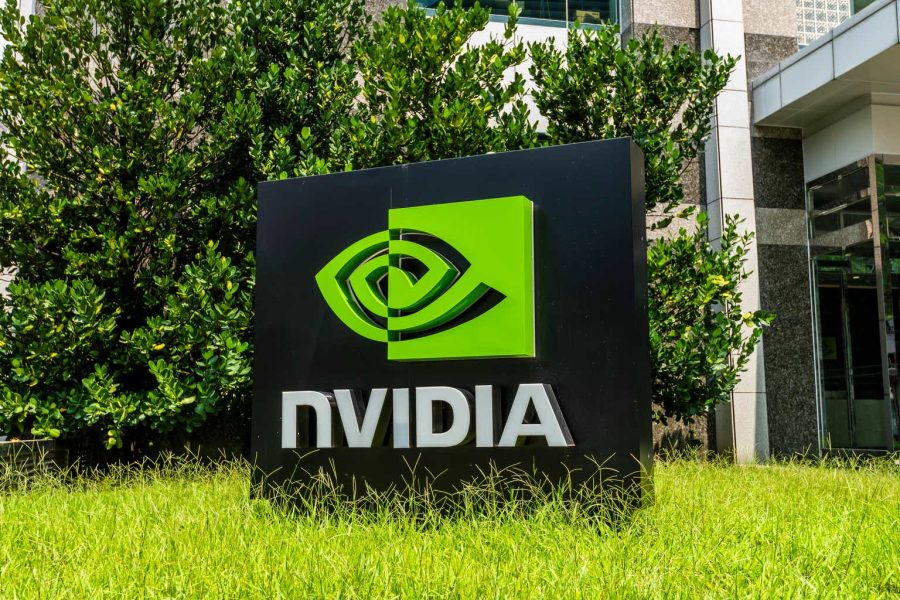July 14, 2024 This Week Top S&P 500 Gainers & Losers
Tesla: Time To Take Profits
Microsoft: The Q4 Results Should Surprise You
Tesla: Optimus And FSD Probably Won’t Save The Day
April 23, 2024 Maximizing Profits: When is the Right Time to Sell Your Business?
April 12, 2024 Improve Your Financial Status: A How-To Guide
April 12, 2024 How ZIM Integrated Container Tracking is Revolutionizing Global Trade
March 15, 2024 6 Best Growth Stocks To Buy Now According to Metatrader 5
SEC Tightens Grip on Private Equity, Hedge Funds, and Venture Capital
August 25, 2023
New Regulations to Bring Greater Transparency to $25T Industry
The financial landscape, particularly areas involving private equity, hedge funds, and venture capital, is set for more stringent regulation following a 3-2 vote by the Securities and Exchange Commission (SEC). This change carries a substantial impact as the industry in question has doubled over the past decade, managing over $25 trillion in assets. SEC Chair Gary Gensler expressed his belief that “Economically, our investors, large or small, benefit from greater transparency and integrity” and hailed the move as a significant enhancement to capital markets.
Details of the New Regulations
Under the new regulation, private funds will have to furnish investors with quarterly statements detailing standard metrics such as fund fees, expenses, and performance. Additionally, firms will no longer be permitted to give preferential treatment to certain investors for cashing out if it adversely affects other investors. The exceptions to this rule are when terms like favorable redemption rights are included. Funds will also be obligated to conduct annual audits. When passing on compliance costs, disclosures or explicit investor consent will be mandatory.
Reaction to the Regulations
Supporters of the new regulation argue that it aims to check unfair practices, bring more transparency to fees, and establish an equal playing field for investors. Detractors, however, accuse the SEC of overreaching by dictating sales practices and diminishing investment opportunities for pensions, foundations, and endowments. Some critics also fear that the regulations might inflate costs and disrupt competition. The Managed Funds Association’s potential litigation over the plan is a concern yet to be determined.
Loopholes and Wins for Private Fund Industry
Despite the increased stringency of the new rules, there were several significant victories for the private fund industry. Persistent lobbying efforts led to a relaxation in some parts of the final rules, like indemnification clauses which would have allowed investors to sue for gross negligence as opposed to ordinary negligence. Another advantage for existing industry players is the inclusion of a grandfathering provision, which allows current arrangements to continue.














